Description
Book Description
AI and Human Insight for Educational Landscape explores the transformative power of Artificial Intelligence across diverse dimensions of education, offering a thought-provoking look into how technology is reshaping teaching, learning, and institutional eco-systems. This book delves into critical and ethical considerations surrounding AI’s role in cognitive development, evaluates its economic viability in educational systems, and unpacks its potential to accelerate sustainable progress in developing contexts. From revolutionizing psychology training to reimagining financial education through smart pedagogy, the chapters provide both theoretical insights and practical pathways. The book also sheds light on the often-overlooked role of human resources in facilitating AI-driven mediation and negotiation in educational settings. Perfect for educators, policymakers, researchers, and technologists, this volume serves as a roadmap for understanding and responsibly harnessing AI to build an inclusive, efficient, and future-ready educational ecosystem.
The Authors
Dr. Pooja Gupta currently serving as an Associate Professor at the School of Liberal Arts, IILM University, India. She holds a Ph.D. in English Literature and Language, and brings over 16 years of diverse experience in teaching, research, and academic leadership. Dr. Gupta has chaired eight international conferences, delivered keynote addresses, and presented more than 18 research papers at national and international platforms. Her scholarly contributions include 15 peer-reviewed journal publications and five books published by both national and international publishers.
Dr. Pooja Batra Nagpal currently working as an Associate Professor in Computer Science Department in IILM University Gurugram, Haryana, India. She has experience of teaching in Amity University, Gurgaon. She has collaborated with various MNC clients like FirstRain, Codegems solution, Crossover, Fractal, IBM, Phemesoft, Magnus Corporation, Revanza Impex International and organizations like Kurukshetra University, Bharat Group of Institutions, Indraprastha Group of Institutions, Venkateswara University and others. She has published more than 40 research papers in reputed and indexed journals, published many patents and books, presented papers in international conference. Received many awards including women scientist award by govt organisation.
Contents
Preface
1. Laws and Ethical Considerations for AI Usage in Generating Intellect
Abstract
Introduction
Research Questions
Research Gap
Discussion
Legal Challenges
Ethical Dilemmas
Proposals for Harmonization
Conclusion
Recommendations
References
2. Economic Analysis of AI Application in Education: An Overview
Abstract
Introduction
Literature Review
Research Objectives
Methodology
Analysis derivative from some case studies
Conclusion and recommendation
References
3. Generative AI and Its Feasibility in the Developing Era: Opportunities, Challenges, and Strategic Pathways for Sustainable Development
Introduction
Research Question
Literature review
Current Status of Generative AI Usage
Benefits and Barriers to Adoption
Impact on Economic Growth and Social Equity
Limitations of Literature Reviews
Opportunities for Economic Development in Developing Nations
Challenges in applying generative AI to developing countries Major challenges in accessing generative AI technologies in developing countries:
Assessing Matrix of Economic growth and social equity
Actionable recommendations to stakeholders
Performance Measurement for Stakeholders
Future Research Directions
Citations
4. Revolutionizing Psychology Training with the help of Artificial Intelligence:
Integration of Artificial Intelligence in Psychology
Use of Artificial Intelligence for Psychology Students
Precautions for Using Artificial Intelligence in Psychology
Conclusion
References
5. Smart Pedagogy: Harnessing AI for Financial Learning
Introduction
The Evolution of Financial Education
Understanding Smart Pedagogy
Benefits of AI in Finance Education
Applications of AI in Financial Learning
Challenges Faced
Conclusion
References
6. The Role of Human Resources in Fostering Effective Mediation and Negotiation Processes
Abstract
Introduction
HR as influencers of mediation and negotiation in organizations
HR practitioners as workplace mediators/negotiators
Operational efficacy of mediation
Key components of an effective mediation process
Overview of the mediation process
Conclusion
Bibliography

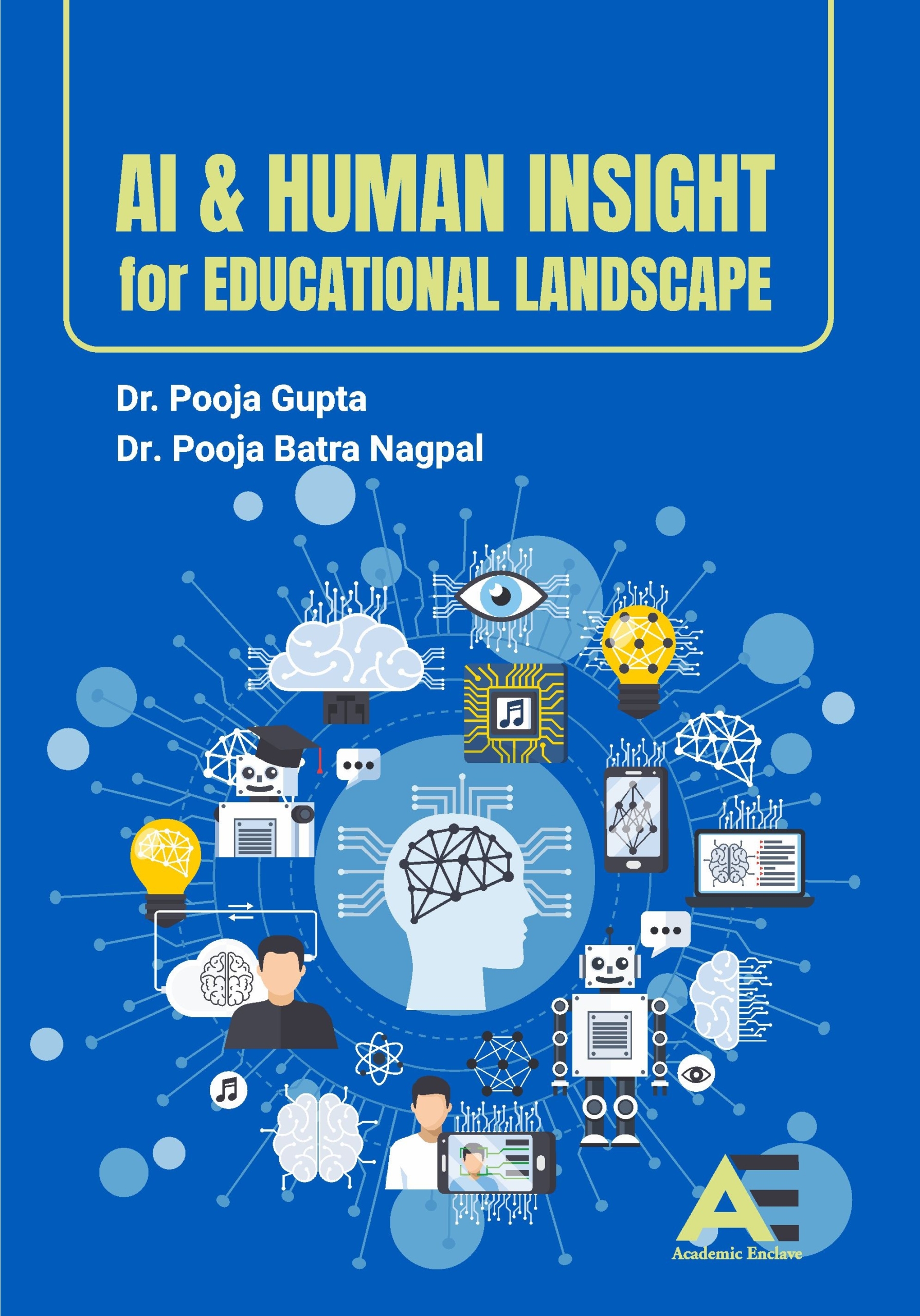
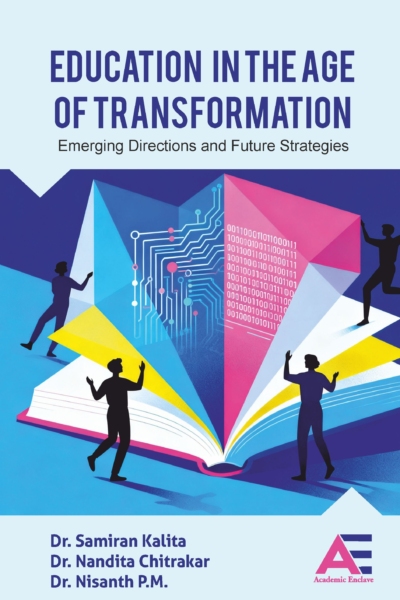
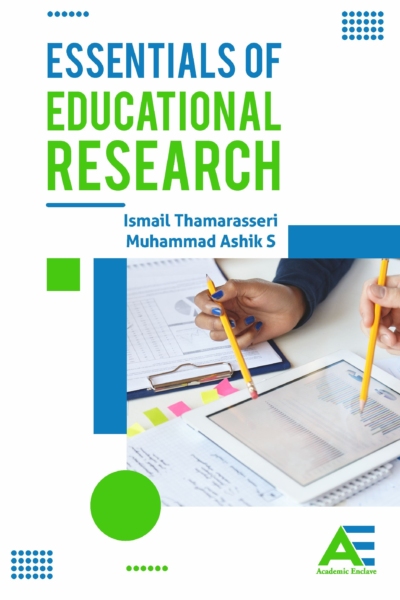
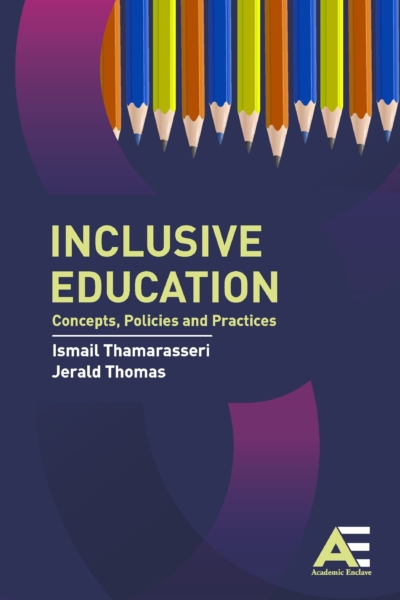


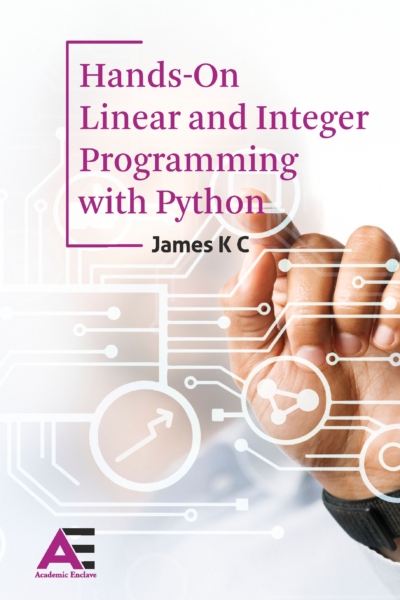
Reviews
There are no reviews yet.